Otto Orf and the Growth of Futsal In the United States
Part 1
Otto Orf has dedicated his life to the game of futsal — the former U.S. Men’s National Futsal Team member continues to provide youth players with the opportunity to develop their skills and reach for their dreams. Orf currently runs the U.S. Youth Futsal Northeast Ohio region and contributes to the game through his academy and non-profit soccer organization. Known for giving back, Orf has arranged for numerous significant charitable donations.
SoccerToday spoke with Orf on his experience in futsal, which dates back 20 years ago, and the importance of the game for player development.
Here is Part 1 of the 2 Part exclusive interview. Click here for Part 2
Futsal News: The growth of Futsal in the USA creates a vital opportunity for youth soccer players to improve their skills and deepen their passion for the beautiful game.
The former U.S. Men’s National Futsal Team player, Otto Orf, is a Director of U.S. Youth Futsal‘s Great Lakes Futsal and is a member of National Coaching Staff, serving as the Director of Goalkeeping.
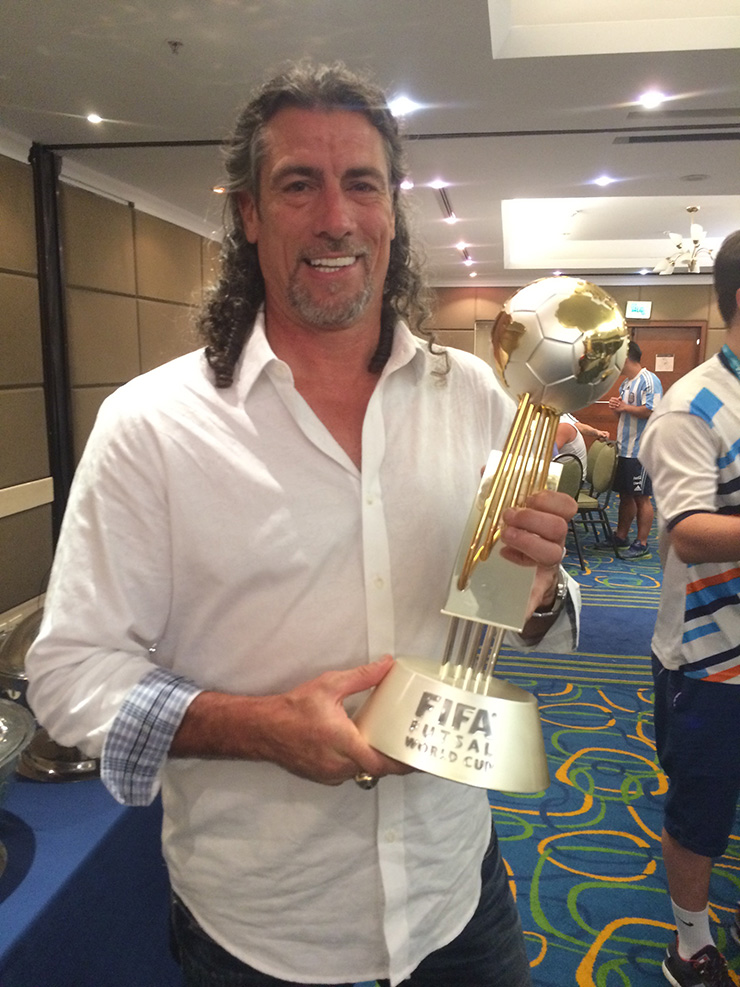
SoccerToday spoke with Orf on his experience in futsal and the growth of the game in the United States.
Diane Scavuzzo: How has Futsal changed since you became involved?
Otto Orf: At its core, I don’t think the game of Futsal has changed at all.
As far as the reach of the game and the popularity Futsal has gained, it has changed tremendously — it has now spread entirely across the planet.
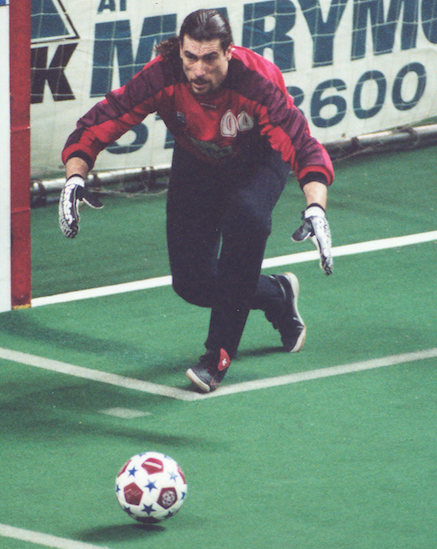
The developmental benefits of the game of Futsal are now widely accepted. Futsal places the ball at the players’ feet 3-6 times more than during the exact same time period playing soccer.
Futsal is a game of soccer, one which is more fast paced and fun for its participants.
Anytime time you combine fun and greater productivity when you are talking about working with kids, you have a win-win scenario.
Diane Scavuzzo: When did you play futsal?
Otto Orf: My start in futsal came in 1996 after our Cleveland team won the US Indoor Soccer Championship and I was asked to try out for the U.S. Futsal National Team.
I immediately fell in love with futsal.
We went on to win the first ever CONCACAF Championship in Guatemala, later traveling to Spain to participate in the 1996 FIFA Futsal World Cup.
I never dreamed of becoming a pro soccer player, no less someday playing for our national team.
The game of Futsal has given me something that I will always cherish — and, that is one of the reasons I work diligently with US Youth Futsal to provide national and international exposure and competitive opportunities for our young players.
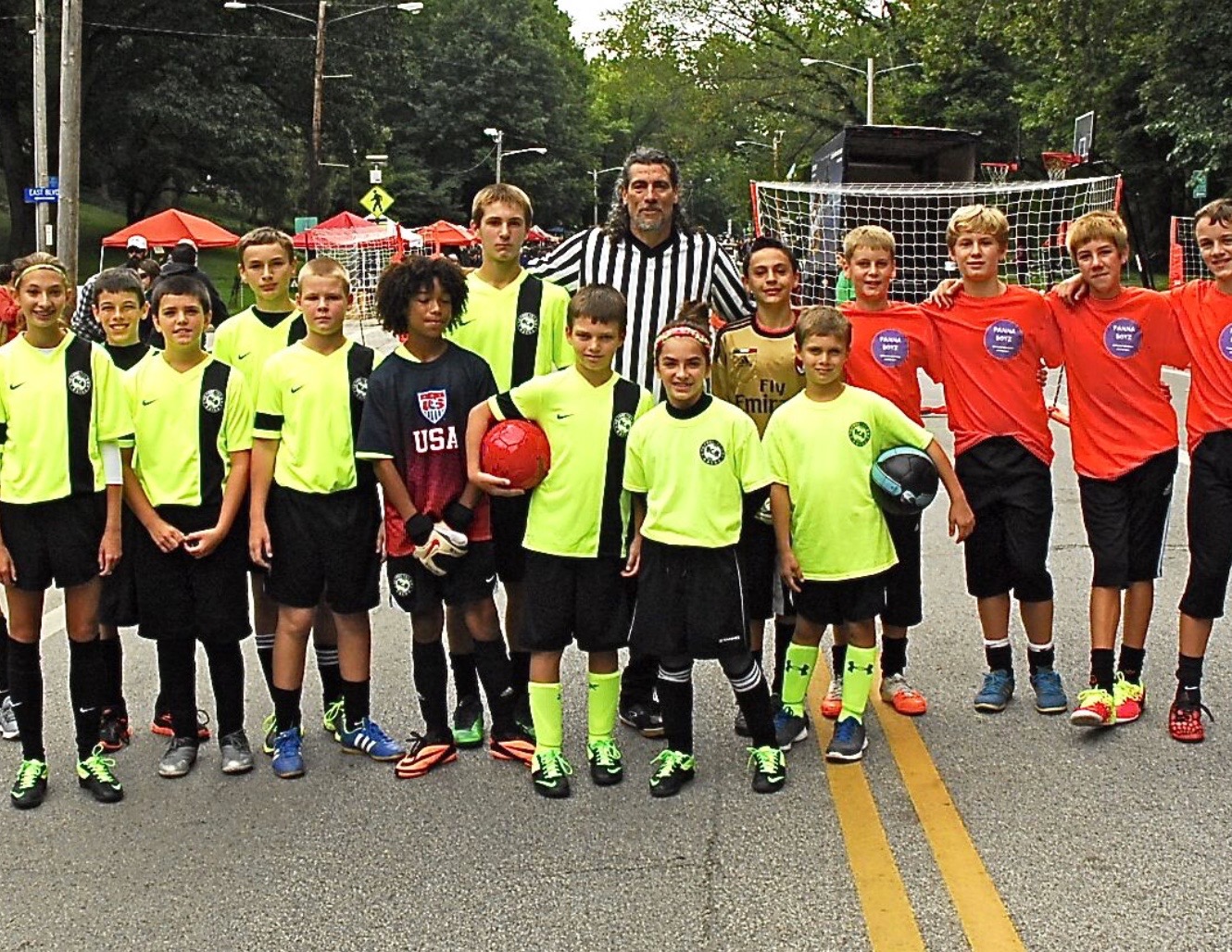
At the end of the day, I believe the cultural connections that futsal has afforded me are what I value the most. These are the same type of experiences that US Youth Futsal can provide for our elite youth players.
Diane Scavuzzo: How important is futsal for player development?
Otto Orf: I finally feel like we have made it over the hump with having to promote and really push the developmental benefits of futsal.
IT IS A FACT – those who play Futsal get better and do so more quickly.
Futsal provides all of the situations that soccer players need to experience to improve and it does so in a condensed space to provide multiple repetitions under pressure.
Diane Scavuzzo: What are the big difference between being a soccer goalkeeper and a futsal goalkeeper?
Otto Orf: Some say futsal goalkeeping skills are translating to the outdoor game, but I disagree.
I would say the biggest single difference is that Futsal goalies are attempting to deflect rather than catch the ball. This is because of the closer proximity of the shots and not wanting to give up rebounds in a crowded goal area.
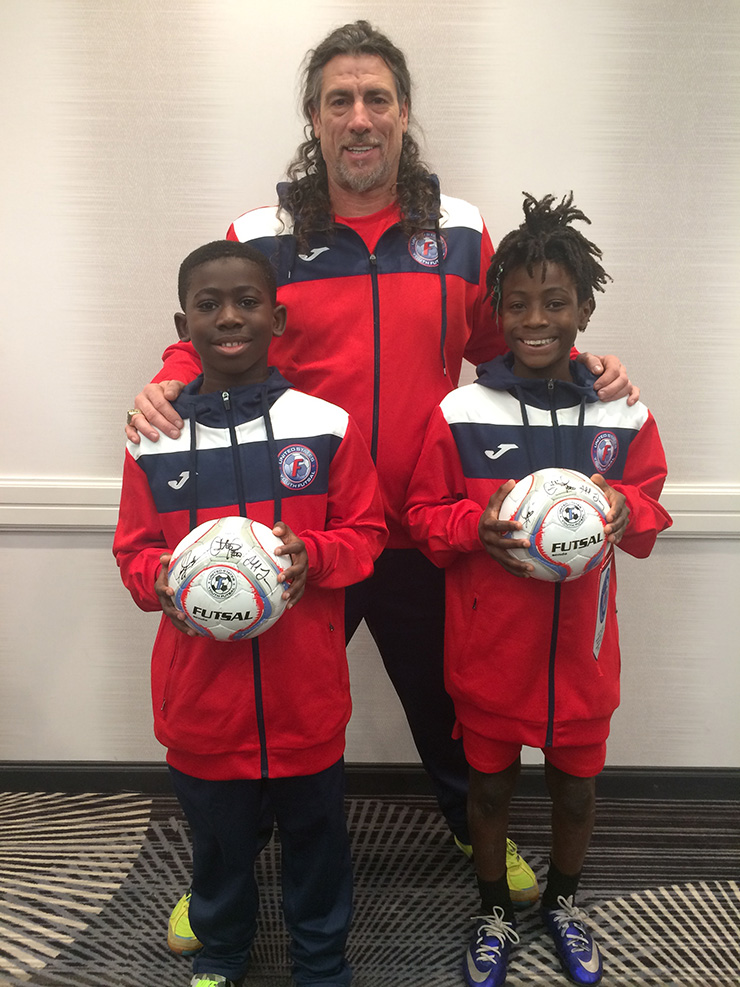
Diane Scavuzzo: What do Futsal goalies need? Courage? Confidence? Speed?
Otto Orf: There is no question that courage is on the top of the list for a goalkeeper.
Many times — as the keeper comes out to cut down the angle — his or her hands are outstretched, leaving the body and the face completely exposed to the oncoming shot.
Being a goalie is not a position for the faint of heart.
Quickness is also critical –more so than speed. Quick reactions and quick thinking are important to be able to read the oncoming attack and transition into mounting an offense.
Confidence is key — A degree of confidence is important for every high level athlete, but for a goalkeeper, it is absolutely essential. Knowing that you have prepared, knowing your opponent and then trusting your training, reactions and skills will lead to a consistently successful outing for most goalkeepers.
At the same time, a keeper must remember that they will be scored on and have the confidence in themselves to know that fact — and, let it go to be able to continue to play on and make the difference in the game.
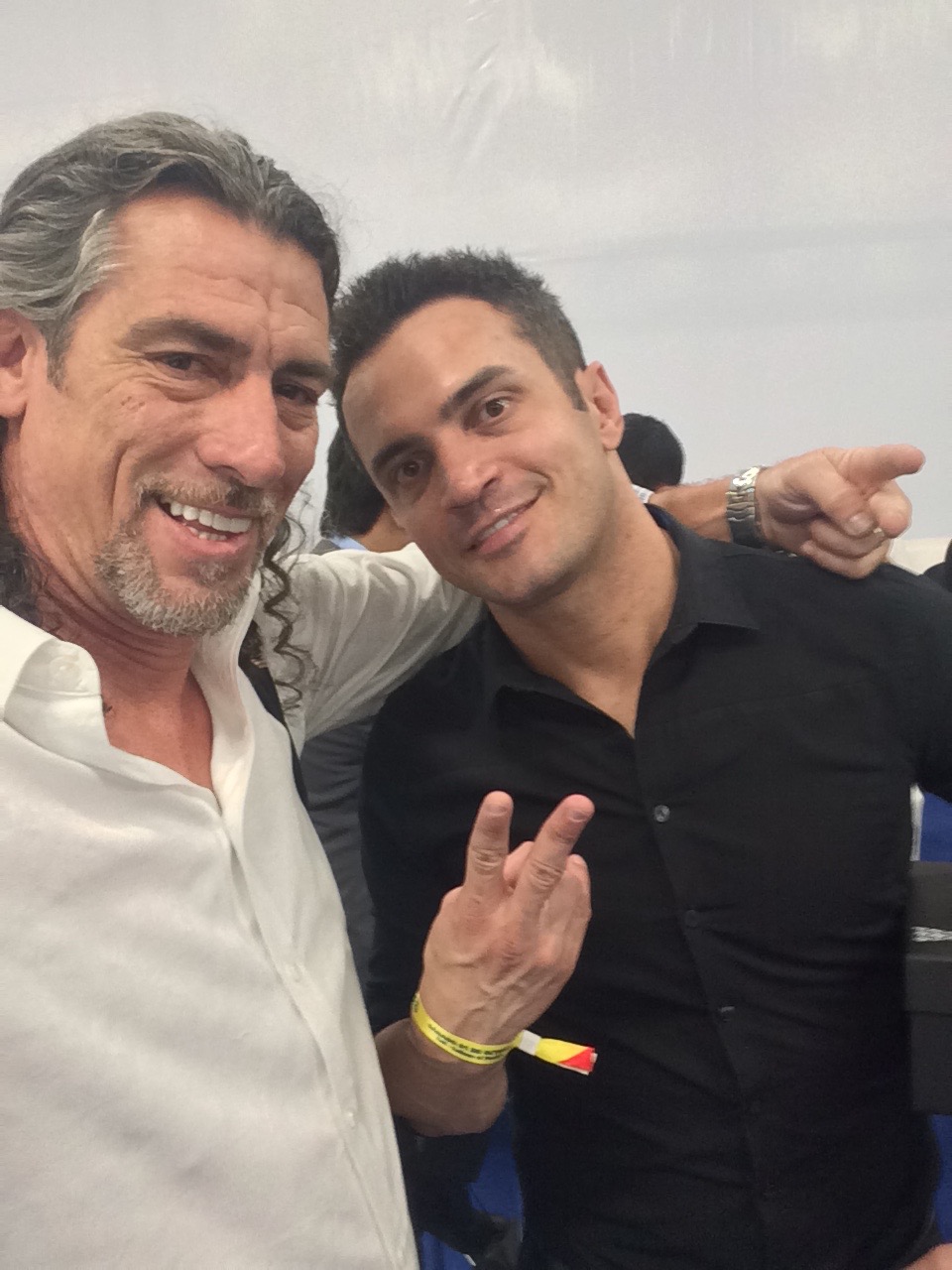
Diane Scavuzzo: What tips/advice can you share with a futsal goalkeeper wanting to be their best?
Otto Orf: The best advice I can give is to practice, practice, practice!
It is the same for any goalkeeper in any sport. You must keep your reactions sharp, your techniques honed and try to experience every situation through repetitive practice. Then, when the game whistle blows, you can focus on reading the game, communicating to your teammates to reduce the danger of oncoming attacks and rely on your preparation and instincts when the shots are coming your way.
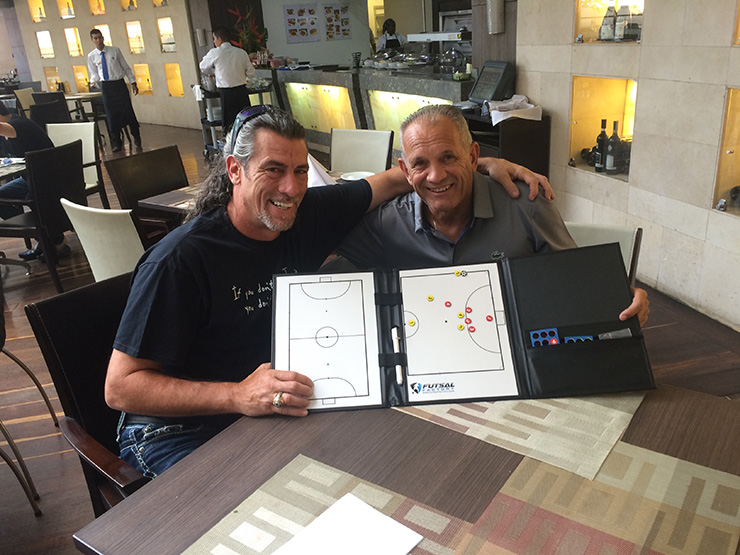
Diane Scavuzzo: How do you and your team of coaches identify youth futsal players at the National player ID program in Kansas City? Is this event only for player identification or will players also receive training on how to improve?
Otto Orf: First and most importantly, there is always, always, always room to improve and all of the US Youth Futsal programs are geared to making sure even the best players leave with something to work on so they can continue to develop their skills.
In my mind, not progressing is a curse of the most talented athletes who tend to become complacent and think they are ‘good enough’.
I always tell parents the more players can experience this National ID Camp — the better. It opens their eyes, lets them see others who are as good or better than they are and hopefully motivates them to return home and continue to improve their game.
Identifying the best players to on the national teams continues to become more and more difficult as the program has grown over the past 3 years.
More players are in Futsal training than ever before, so naturally the odds of making the squads becomes increasingly more difficult.
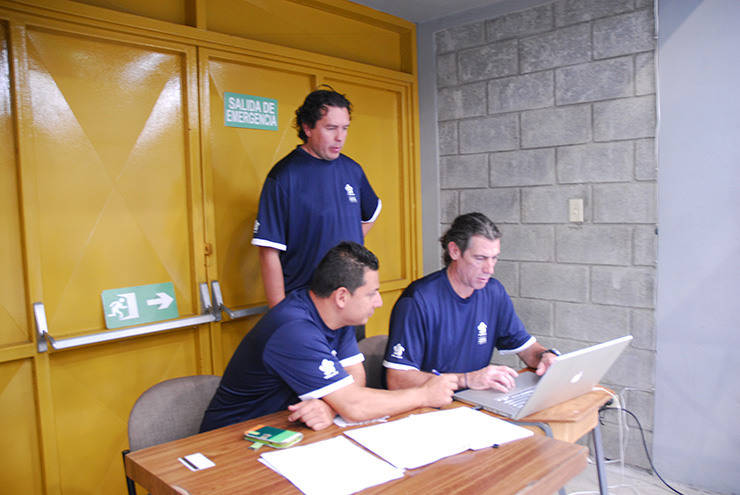
Diane Scavuzzo: In Kansas City, you are selecting players for the US Youth Futsal National rosters to represent the USA in July — Can you describe the opportunity?
Otto Orf: Yes! In Kansas City, we are choosing players to represent the USYF Futsal ID Program which is directed by Soorena Farboodmanesh.
I have been working closely with Soorena for the past three years to arrange international trips that mimic those I have experienced with the US Men’s National Team. The teams travel and eat together as sports teams do around the world. We schedule training sessions to familiarize the players with the new environment and then the teams compete in a series of three matches against some of the best talent in the area.
This year we will be returning to San Jose, Costa Rica, playing against teams from Alajuela, Borussia, Santa Ana and Escazu.
In addition to the games, the players will have the chance to explore Costa Rica’s natural wonders and enjoy whitewater rafting and zip-lining.
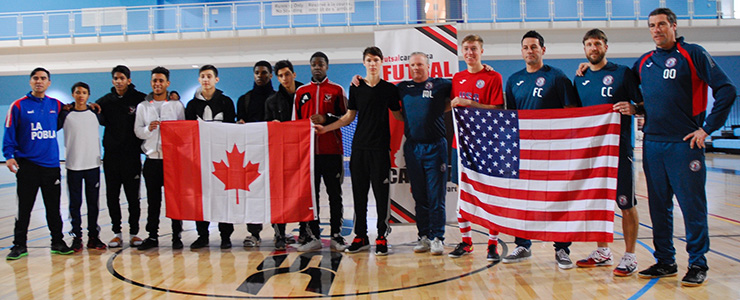
Diane Scavuzzo: What do you look for in a youth futsal player?
Otto Orf: First and foremost, I look for athletes and difference makers — and real Futsal knowledge and skill.
Diane Scavuzzo: What advice can you share?
Otto Orf: The best advice I can give to any of these players is don’t be afraid to fail.
You may not make the team at 11 years old or even at 12 or 13, but if you are persistent and have a goal and a plan you always have a shot.
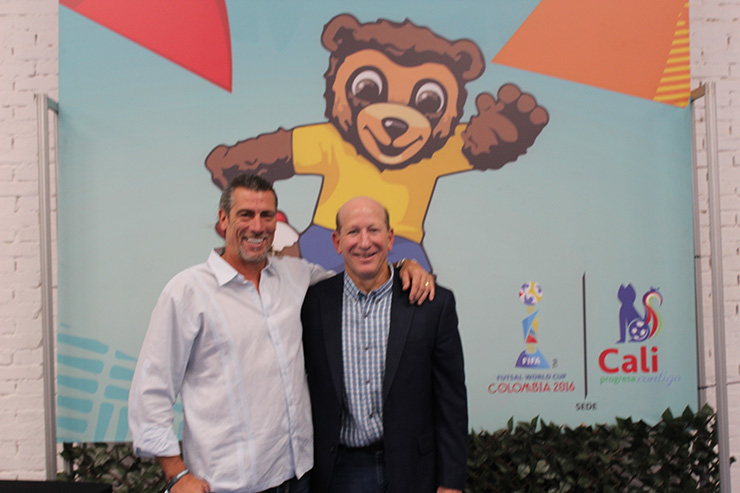
I think it is one of the most difficult things for a player to make the team at a young age and stay on it the entire way through the system. The most important aspect is to keep working to improve yourself, work on your weaknesses and then put forth your best effort when the pressure is on.
Diane Scavuzzo: What are the biggest mistakes most youth soccer players make when playing futsal?
Otto Orf: Technically, most outdoor soccer players will not instinctively trap the ball with their sole a high percentage of the time.
This is a tell-tale sign that they have not been trained in the game of futsal.
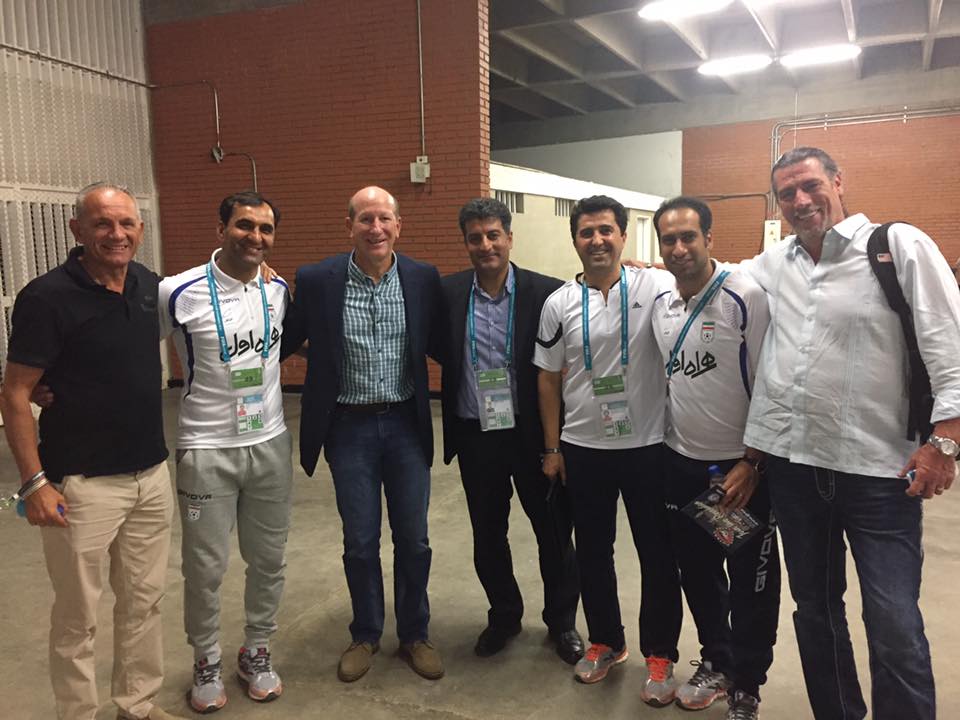
Diane Scavuzzo: What are your challenges working with US Youth Futsal?

Otto Orf: Our country is massive and as in any large organization operating over a geographical and cultural expanse that is of the United States, things do not happen quickly.
What I love the most is that we have the Keith Tozer, the U.S. National Team Coach and many former U.S. National Team members working in cities all around the country.
There are at least two other organizations offering futsal around the country and ultimately it is good for the sport for families to have access and options.
I am extremely proud that our group took the initiative to provide a national coaches education program and to begin the USYF National Team Program through Futsal ID.
Related Article: OTTO ORF – Part 2 on THE POWER OF FUTSAL






